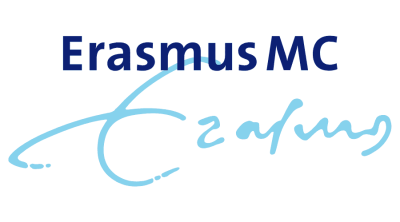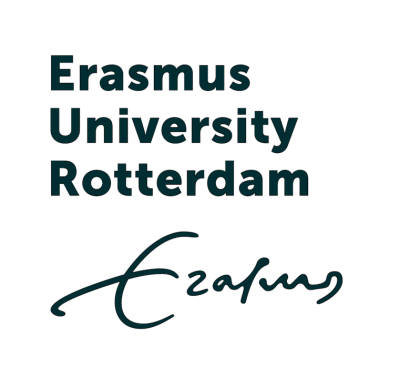Comprehensive artificial intelligence in chest CTs including incidental pulmonary embolism
Radiology departments are currently using only a few, generally unrelated artificial intelligence (AI) solutions. The most comprehensive solution currently available for reading chest CTs includes nodules and their surroundings but lacks an important finding - pulmonary embolism (PE). In chest CTs scanned for another reason than PE, it is typically not expected and easily overlooked during routine assessment. With the ever-growing lack of radiologists and backlog, computational analysis yielding timely warning of such critical findings are rapidly gaining importance.
In this project we aim to advance and evaluate an AI software solution for detection of incidental pulmonary embolism (IPE) that is scalable and when added to an existing chest detector covers a comprehensive range of chest CT findings. The detection of IPE will serve as an exemplary use case, beyond which the value of comprehensive AI assessment will be investigated.
We will develop an AI-based IPE detection tool using state-of-the-art modelling techniques to be installed at the Erasmus MC radiology department. It includes an early analysis of the technology’s usefulness in the department's clinical routine and workflow. Next, we will improve the tool based on the early health technology assessment, and integrate it into the clinical workflow to see its implications on the radiology workflow, hospital ecosystem, healthcare, costs and patient-related outcomes (quality of life, wellbeing).
Detecting IPE in patients as early as possible could prolong patients’ lives as it is a life-threatening condition. Developing a comprehensive AI-solution sustaining multiple algorithms for a chest CT reading is of high value for hospitals and the state, as it surely will be much cheaper than having to purchase them separately. This will lower the barrier to use these AI solutions and therefore enhance and fasten the quality of care for patients.



